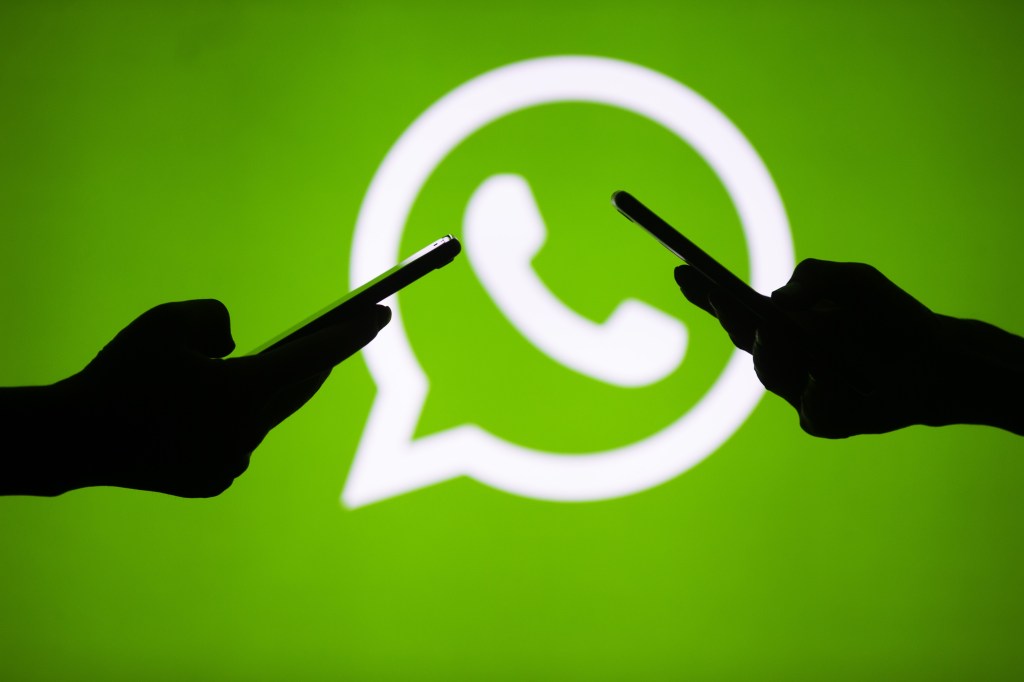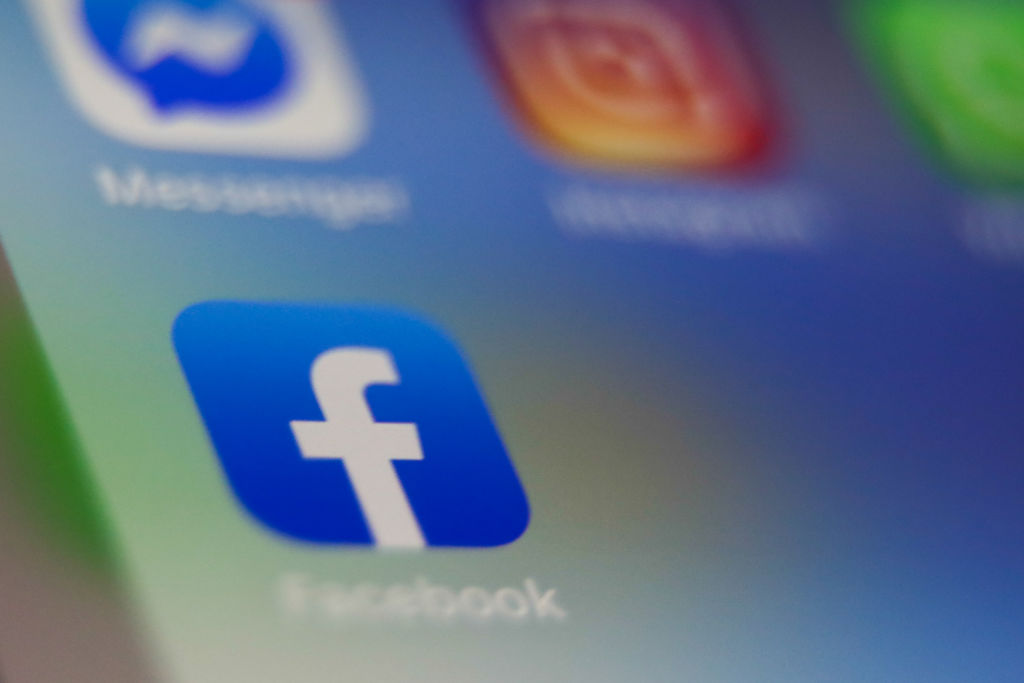In a significant move to bolster cybersecurity, the U.S. House of Representatives has officially banned the use of WhatsApp on all government-issued devices assigned to its staff. This decision, communicated through an internal memo from the House’s Chief Administrative Officer (CAO), underscores growing apprehensions about the application’s data protection practices and potential security vulnerabilities.
The memo, as reported by Reuters, states:
The Office of Cybersecurity has deemed WhatsApp a high risk to users due to the lack of transparency in how it protects user data, absence of stored data encryption, and potential security risks involved with its use.
Staff members are instructed to remove WhatsApp from their devices by June 30, 2025. To ensure secure communication, the CAO recommends alternative messaging platforms, including Microsoft Teams, Signal, Apple’s iMessage and FaceTime, and Amazon’s Wickr.
Meta Platforms, the parent company of WhatsApp, has strongly contested the House’s characterization. A Meta spokesperson emphasized that WhatsApp messages are end-to-end encrypted by default, ensuring that neither the company nor third parties can access them. The spokesperson further asserted that WhatsApp offers a higher level of security than many of the apps on the CAO’s approved list.
This prohibition is part of a broader pattern of the U.S. government scrutinizing and restricting applications deemed to pose security risks. In December 2022, the House banned TikTok from government devices, citing concerns over data security and potential foreign influence. Similarly, in April 2024, the Securities and Exchange Commission (SEC) restricted the use of third-party messaging apps, including WhatsApp, on work-issued mobile phones to enhance record-keeping and mitigate security vulnerabilities.
The decision to ban WhatsApp comes amid heightened concerns about the security of messaging platforms. In January 2025, Meta reported that Israeli spyware company Paragon Solutions had targeted approximately 90 WhatsApp users, including journalists and members of civil society. This incident has intensified debates over the safety and reliability of encrypted messaging services.
The House’s action reflects a growing emphasis on safeguarding sensitive government communications from potential cyber threats. By endorsing alternative platforms with robust security measures, the House aims to ensure that official communications remain protected against unauthorized access and potential breaches.



